Turn Back The Clock: 10 Years Ago In Tech

A Decade Ago
Some of the splashiest headlines in 2002 were made by companies that are only distant memories today. Others were made by companies such as Microsoft, which seemingly couldn't let a month go by without being entangled in some sort of litigation.
Here's a look back at some solution providers and vendors, the way they were.
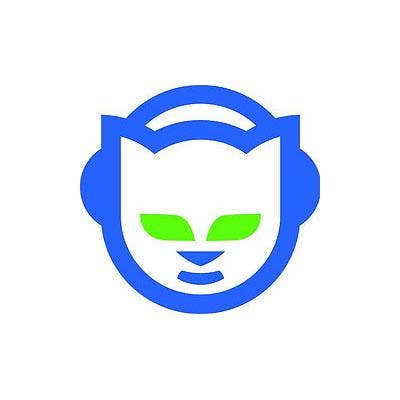
Napster's Tuned Out
In March 2002, Napster attempted unsuccessfully to get the Ninth Circuit Court of Appeals to lift the court-ordered shutdown of the music swapping service. The peer-to-peer music sharing site was closed in July 2001 after music companies and the Recording Industry Association of America brought suit against Napster, claiming copyright violations. The site was prohibited from operating until it could filter out copyrighted works.
In January 2012, Napster introduced a digital subscription, which is today part of the Rhapsody service.
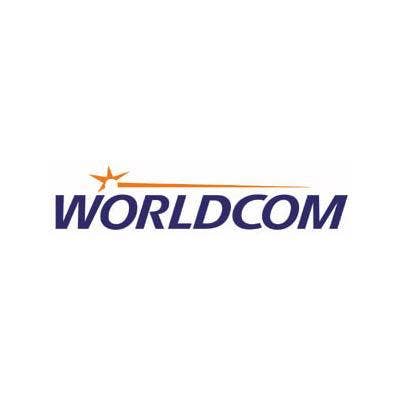
WorldCom Crashes And Burns
March 2002 closed the period in which WorldCom capitalized on costs that had been treated as expenses in previous years. By doing so, it appeared the telecom giant was producing profits during five quarters that should have shown losses. Cynthia Cooper, an internal auditor, was credited with unraveling the accounting scheme, which, in the end, was estimated to have misrepresented profits by approximately $7 billion, with an additional $2 billion in question. Cooper was later honored as one of Time Magazine's "People of the Year," while former CEO Bernie Ebbers was sentenced to 25 years in jail.
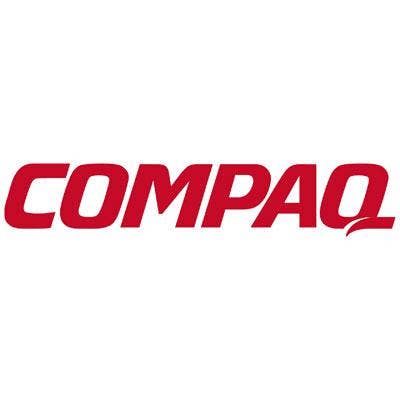
HP-Compaq Merger Vote
On March 19, 2002, roughly 1,000 HP and Compaq shareholders cast their votes at a Silicon Valley auditorium on the proposed merger of the two high-tech firms. An additional 900,000 votes were cast by mail. Then-HP CEO Carly Fiorina announced the approval of the merger later that very day, although legal wrangling, led by the son of company co-founder Bill Hewlett, continued for months.
Ironically, then-HP President Michael Capelllas, who was sure shareholders would approve the deal and who was once CEO of Compaq, left in November to join WorldCom.
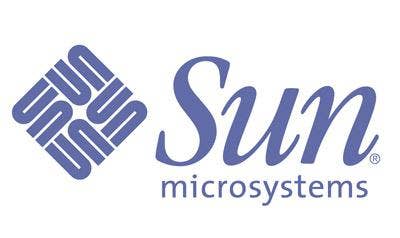
Sun Sues Microsoft
Sun Microsystems filed a lawsuit against Microsoft alleging that the Redmond, Wash., software powerhouse aimed to use the .Net Framework to create an expansive and dangerous monopoly that included software development on every computing device connected to the Internet. In other words, it claimed Microsoft was trying to kill Java as a multiplatform system. Sun specifically sought the decoupling of .Net from the Windows operating system. Sun won its suit later in the year.
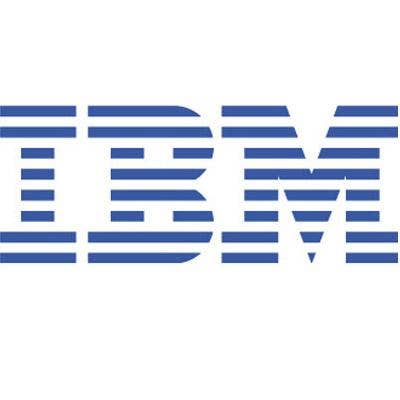
Lou Leaves IBM
Lou Gerstner became IBM's CEO on April 1, 1993, during a year in which the company lost $8.1 billion on $62.7 billion in revenue. The following year, IBM earned $2.9 billion on $64.1 billion in sales.
Gerstner, who was succeeded by Sam Palmisano, was highly regarded for his emphasis on services and the customer. In 2001, he successfully led Big Blue through the economic downturn.
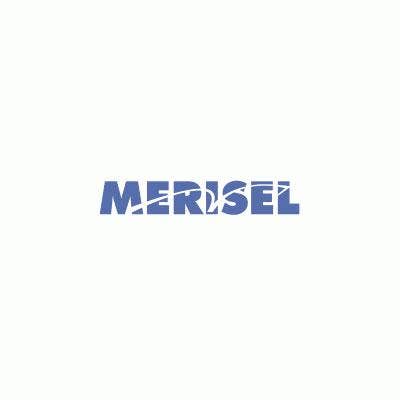
Remember Merisel?
For years, Merisel was a parts distributor that solution providers could count on when Ingram Micro and Tech Data couldn't pony up. But hard times fell on the disty, forcing it to sell off its MOCA Sun products arm. In March 2002, Merisel attempted to reconstitute itself. The rebirth was short-lived; Merisel sold its software distribution business in 2004 after McAfee, which represented roughly 90 percent of Merisel's revenue, terminated the arrangement.
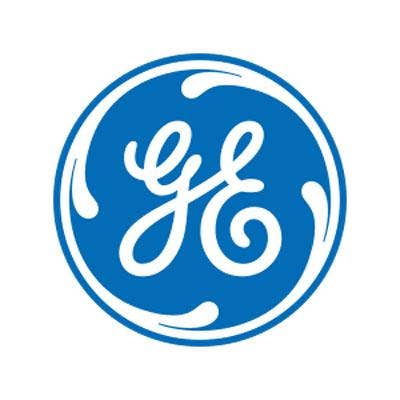
GE's Bright Future
At an industry gathering of some 7,000 CIOs representing health-care provider organizations, GE Chairman and CEO Jeff Immelt discussed the different technologies it would showcase as it began to redefine itself in the post-Jack Welch era. Immelt said the company would leverage its role as a supplier of medical-imaging and diagnostic systems to become a leading provider of IT software and services to the health-care industry.
{C}
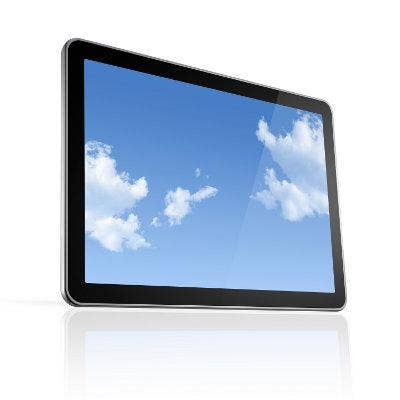
Introducing The Tablet Computer
It only seems like Apple invented the tablet. Ten years ago, IT solution providers were promoting tablets to budget-strapped IT managers. The systems had the power, capacity and functionality of desktops, with the added benefit of portability. In addition, by hooking them up to wireless networks, mobile employees could easily access e-mail, enterprise data or even the Internet while sitting in a conference room or meeting with a customer. Still, it took another five years or so before tablets began turning up as a mainstream product.
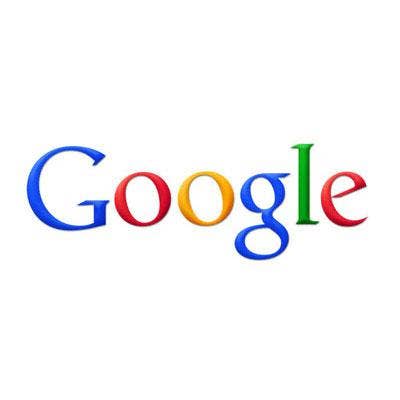
The Start Of Googling The News
Google started beta-testing its news aggregator service 10 years ago. It continued as a beta offering until January 2006. It used an automatic aggregation algorithm to select the order in which the news articles were displayed on a Web page. Rather than simply listing one story per topic, Google offered topic clusters of three or four related articles. News items were then and still are selected and ranked by computers that evaluate how often and on what sites a story appears online. In addition to the proprietary algorithm, ranking is also based on certain characteristics of news content such as freshness, location, relevance and diversity.
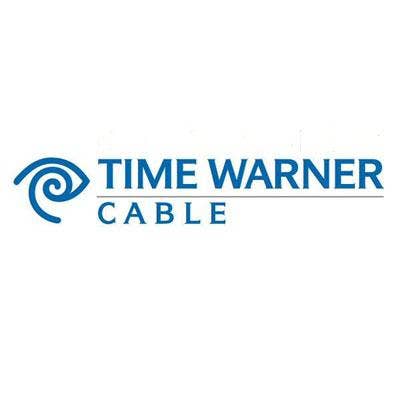
AOL-Time Warner Writes Off Billions
This was the largest corporate write-down in a single three-month period in history. At $54 billion, it was the approximate equivalent of the gross domestic product of Hungary. The write-down came as a result of the decreasing value of AOL's merger with Time Warner. The deal began to unravel almost as soon as it was finalized. The merged company's stock price steadily declined, and the media attention was generally unflattering. By December 2009, Time Warner had spun off its AOL unit.